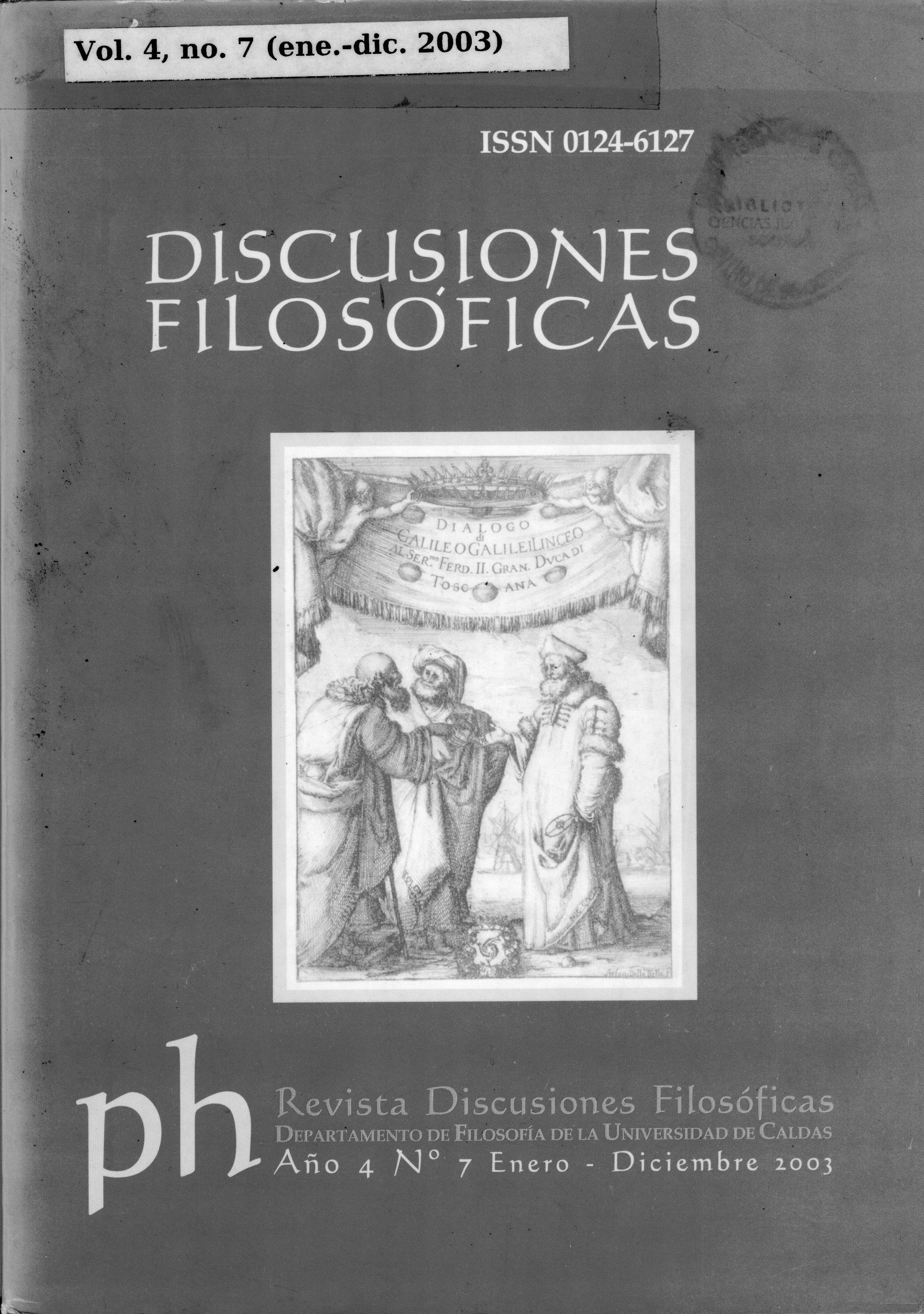Authors
Abstract
This paper discusses the pedagogical implications of Wittgenstein's Tractatus Logico-Philosophicus, and an interpretation of the core themes of this book. It is shown that, due to the influence of Wittgenstein's ideas in the philosophy of the Viena Circle, their principal aims have been widely misunderstood. In particular, the ethical and mystical aspects of Wittgenstein's thought, and his thesis about which cannot be said but only showed, are stressed. Finally, it is shown that there are two pedagogies in the Tractatus: a pedagogy of sense -that stresses what can be said; and a pedagogy of nonsense -that stresses what only can be showed.
Keywords
References
JANIK, A. & TOULMIN, S. (1973) Wittgenstein's Vienna, New York: Simon and Schuster.
MONK, R. (1990) Ludwig Wittgenstein: The Duty of Genius, New York: Penguin.
WITTGENs1'hIN, L. (1980) Culture and Value, Chicago: University of Chicago Press. (1961) Tractatus Logico-Philosophicus, New York: Routledge and Kegan Paul. Las traducciones del Tractatus se hicieron con la edición castellana de Alianza Editorial.

 PDF (Español)
PDF (Español)
 FLIP
FLIP
























